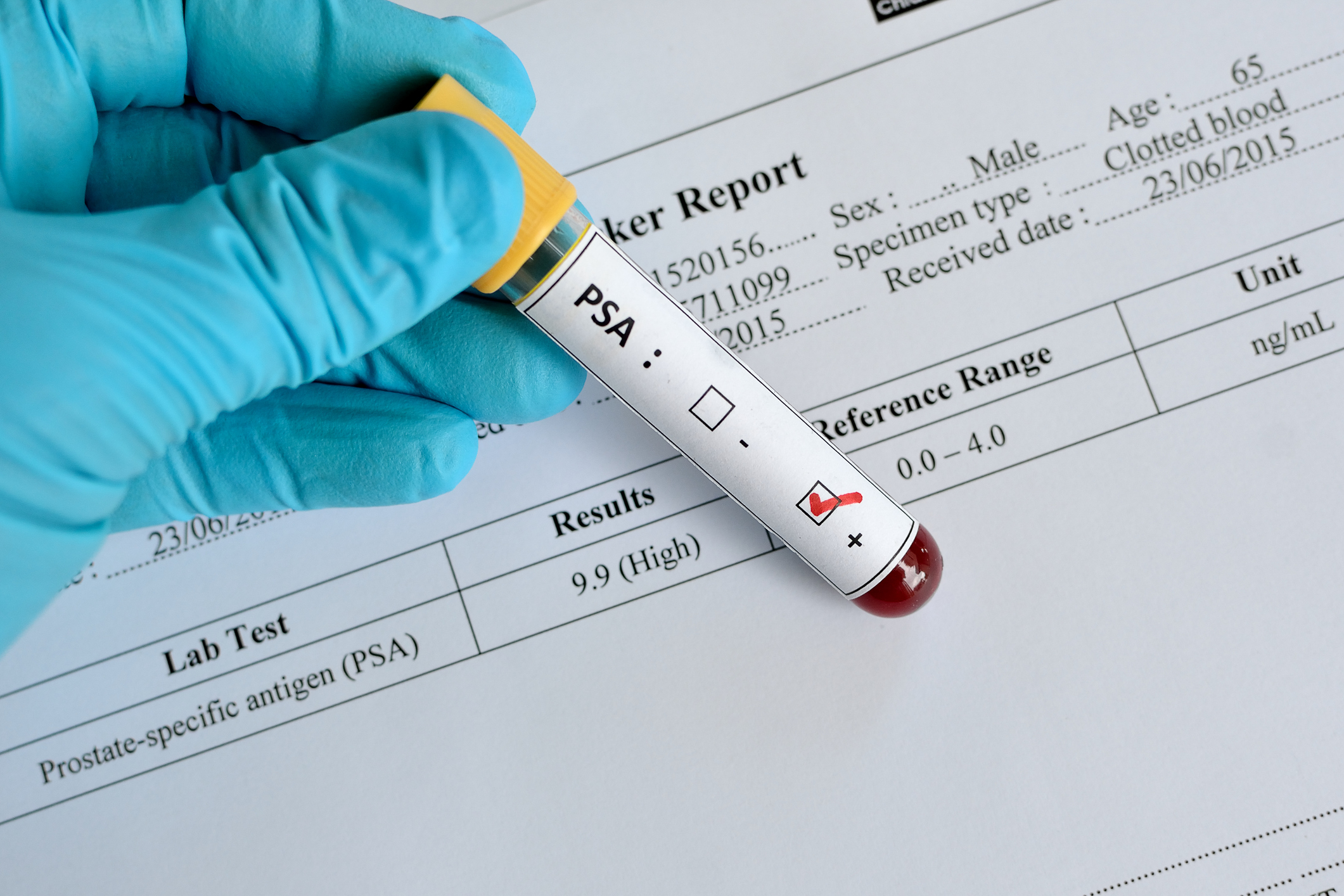ESG
New online tool launched to aid decision-making on PSA testing
Thousands of men could be spared unwanted side-effects of treatment for prostate cancer, thanks to a new online tool.
Australian cancer experts have developed the online tool, on the Prostate Cancer Foundation of Australia’s (PCFA) website, which aims to help men, and their partners, weigh up the pros and cons of having PSA testing and treatment for the potentially-deadly disease.
The PSA test is a simple blood test that can find prostate cancer before symptoms develop, and this increases the likelihood that treatment can cure the cancer.
However while screening programs for breast, cervical and bowel cancers can save lives, the case for PSA testing for prostate cancer is not clear cut. Experts say while it probably does prevent some prostate cancer deaths, it can also lead to overdiagnosis, and needless treatment for some men and their loved ones in some cases.
University of Sydney Emeritus Professor Bruce Armstrong was involved in the tool’s development and said easily understood information to support men’s decisions around prostate cancer treatment was critical.
“PSA testing probably saves lives, but the side effects of curative treatment for prostate cancer can be quite severe, so making a well-informed decision about PSA testing is very important,” he said.
“This online tool is a critical awareness device designed to raise community understanding and improve outcomes for all Australian men – it has the potential to protect men against long-term consequences of treatment, such as loss of sexual function or urinary incontinence, which some would find intolerable.”
PCFA’s chief executive Professor Jeff Dunn urged all Australian men and women to go online and access the tool.
“This online tool will inform men about the benefits and harms of having a PSA test and help them decide whether and when to have one,” he said.
“It is uniquely simple and has been tested by nearly 4000 Australian men. Many men found it helped them make a decision about PSA testing.”
Every year 1.3 million men worldwide develop prostate cancer. Australia has one of the highest incidence rates internationally.
“Prostate cancer is an important public health issue – one in every seven Australian men are likely to be diagnosed during their lifetime,” Prof Dunn said.
“While survival rates for prostate cancer are high, with a 95 per cent five-year survival rate, it is the most commonly diagnosed cancer in Australian men.
“With the growing Australian population and increasing life expectancy, the number of men diagnosed will continue to increase.
“It’s vitally important that we do more to improve awareness of the disease and raise understanding of options for screening and treatment, while supporting survivors.”
According to PCFA data, there are over 200,000 Australian men living with a previous diagnosis, 20,000 will be diagnosed this year, and 3500 will die of the disease.
Prostate Cancer Foundation of Australia’s (PCFA’s) Australian-first tool will be promoted widely throughout September for Prostate Cancer Awareness Month.
The tool can be accessed at pcfa.org.au/psatesting To get involved in Prostate Cancer Awareness Month, go to pcfa.org.au
You may also like Live Fearless Challenge: Be fearless your own way
News & Trends - MedTech & Diagnostics

Roche Diagnostics MD bids farewell after two-decades, leading the organisation to new heights of success
Diagnostics & MedTech News: The Managing Director of Roche Diagnostics Australia, Allison Rossiter, has announced her resignation, effective September 2024. […]
MoreNews & Trends - Pharmaceuticals

Is Australia ready to play a leading role in precision nuclear medicines?
Pharma News: A newly released discussion paper unveils Australia’s preparedness to take the helm in the rise of the global […]
MoreNews & Trends - MedTech & Diagnostics

Minimally invasive procedure a first in epilepsy treatment
MedTech & Diagnostics News: An Australian-first procedure utilising MRI-guided, minimally invasive surgery has been introduced for the treatment of epilepsy […]
MoreNews & Trends - Pharmaceuticals

Stakeholders unite in international call to tackle breast cancer gaps and inequities
Pharma News: Breast Cancer Network Australia (BCNA) has united in an international call to raise breast cancer care standards and […]
More